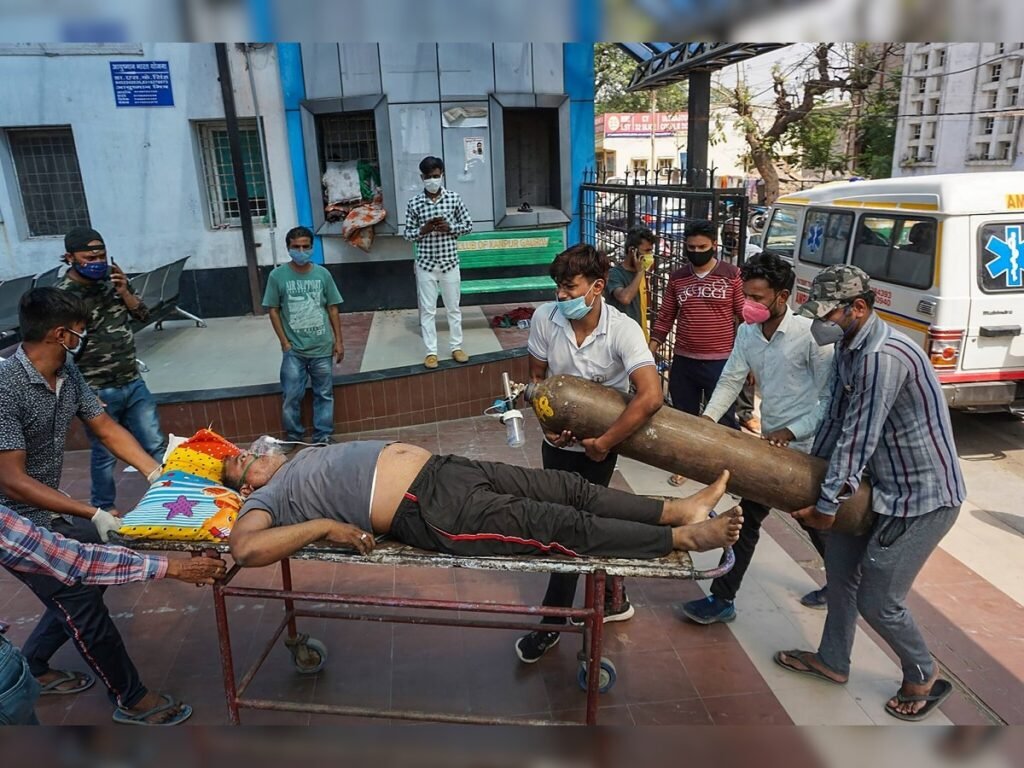Following the identification of a new coronavirus variant known as ‘omicron,’ as well as an increase in cases in other countries, Delhi’s hospitals have been placed on high alert.
Lieutenant Governor Anil Baijal, speaking to the media, urged the Chief Secretary, Police Commissioner, and other senior officers to ensure strict adherence to all Covid protocols in public places and functions, as well as full hospital preparedness in the event of an emergency.
Disaster management experts and Ministry of Civil Aviation representatives will meet on Monday to assess the situation and plan a course of action as countries begin reporting cases related to this strain, which virologists say has an “unusually large number of mutations,” they add.
At the meeting, it is expected that a decision will be made to conduct RT-PCR tests and quarantine passengers deboarding flights from South Africa, Botswana, Zimbabwe, and Hong Kong.
Arvind Kejriwal, the Chief Minister of Delhi, has urged Prime Minister Narendra Modi to suspend flights from countries infected with the new coronavirus variant.
“I am requesting that all flights to and from the affected countries be halted. Our country is slowly but steadily recovering from the effects of Corona. This new variant must be kept out of India at all costs “Mr. Kejriwal retweeted on Twitter.
Today, Prime Minister Narendra Modi presided over a Covid review meeting, where the global coronavirus situation was discussed, including the new ‘Omicron’ variant and how it affects countries around the world; he also learned about its characteristics and impact.
In light of this new variation, Indian Prime Minister Narendra Modi has ordered a review of travel restrictions
The World Health Organization (WHO) today issued recommendations to increase surveillance, strengthen public health and social measures, and expand vaccination coverage. According to the World Health Organization, celebrations and festivities should include all precautionary measures, and large crowds and gatherings should be avoided (WHO).
As a result of the increased demand, several countries have already restricted outbound flights, stranding hundreds of passengers.
During this year’s pandemic’s second wave in April and May, hospital beds, medicines, and medical oxygen were all in short supply in Delhi. Due to an unusually high number of deaths, crematoriums were stretched to their limits.


